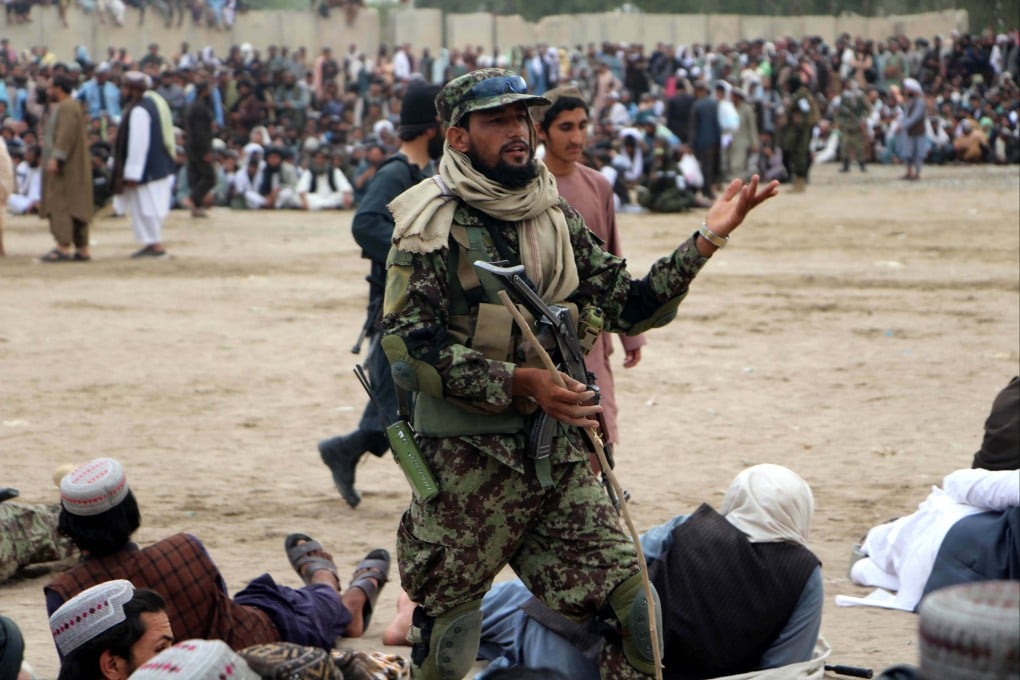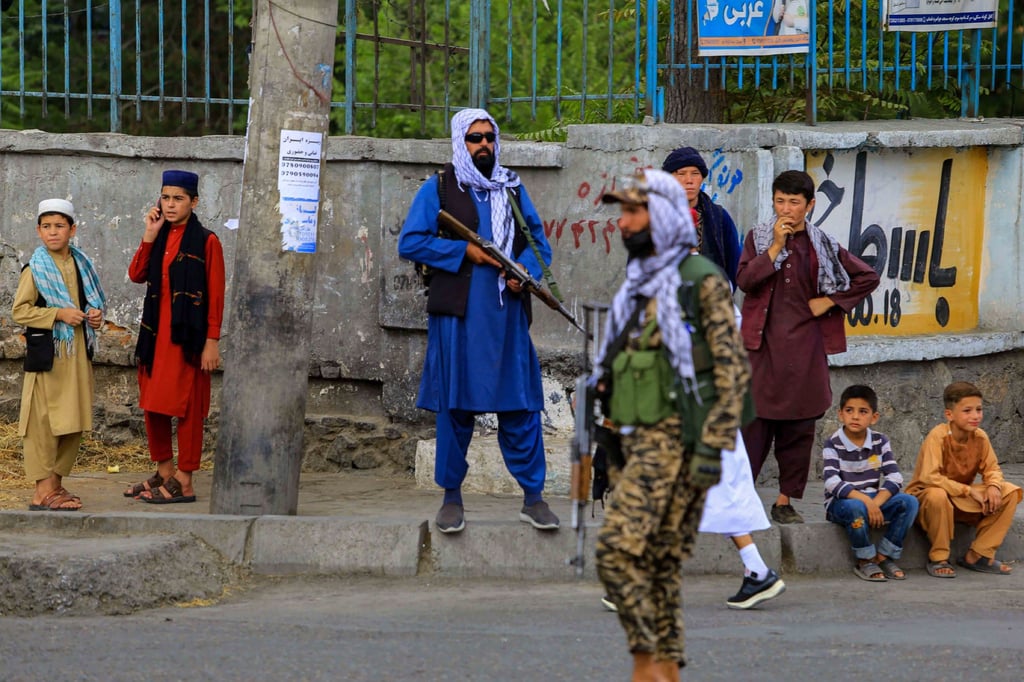Afghan Taliban government says to attend next round of UN talks in Doha
- A delegation will attend as the talks’ agenda appears ‘beneficial to Afghanistan’, but civil society groups criticise lack of focus on women’s rights

Taliban authorities will attend the third round of United Nations-hosted talks on Afghanistan in the Qatari capital, a government spokesman said on Sunday, after snubbing an invitation to the previous round.
The Taliban government’s participation in the conference of foreign special envoys to Afghanistan had been in doubt after it was not included in the first round and then refused an invitation to the second round in February.
“A delegation of the Islamic Emirate will participate in the coming Doha conference. They will represent Afghanistan there and express Afghanistan’s position,” Zabihullah Mujahid said.
The talks in Doha are scheduled for June 30 and July 1, and have already been criticised by women’s groups.

Mujahid told Afghan media on Sunday that a delegation – yet to be announced – would attend because the talks’ agenda appeared “beneficial to Afghanistan”.
